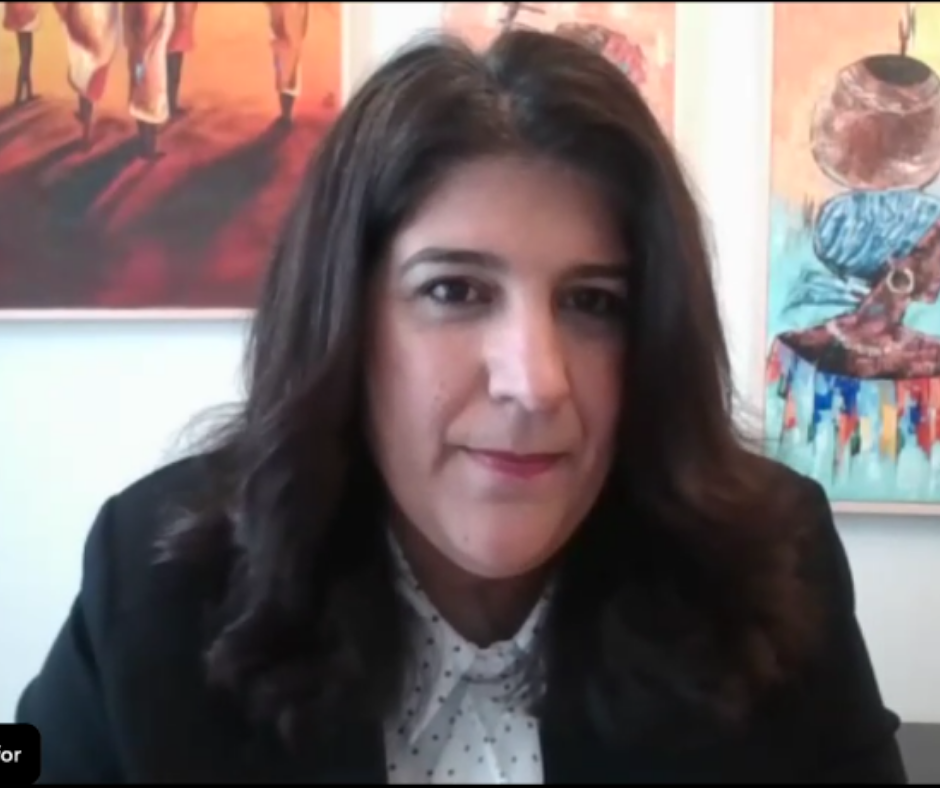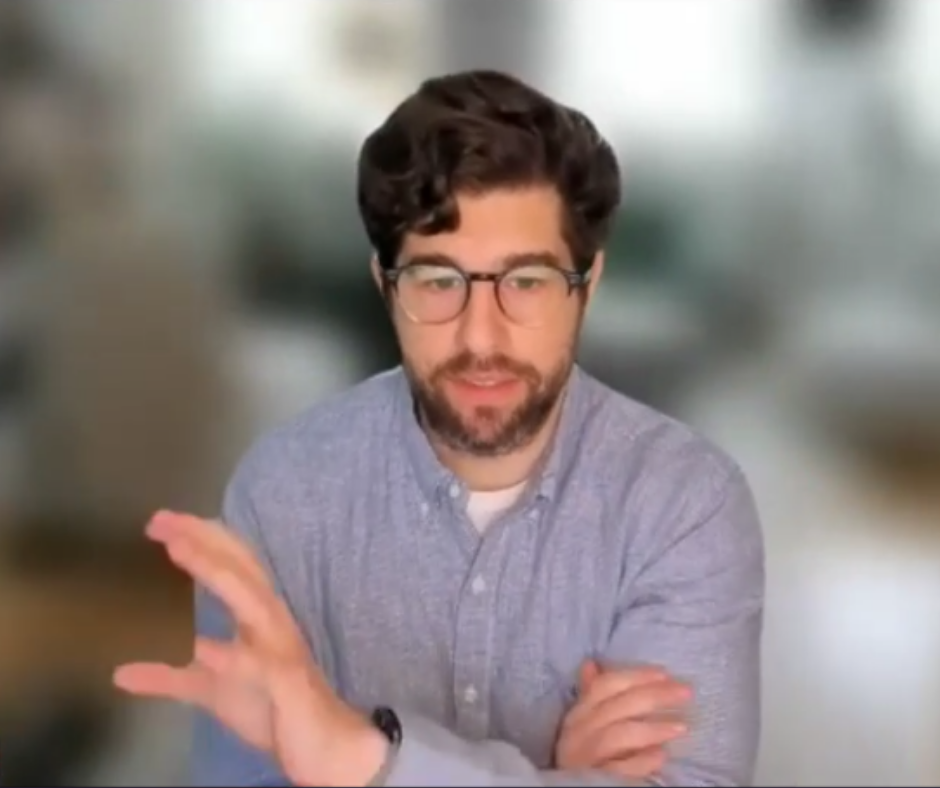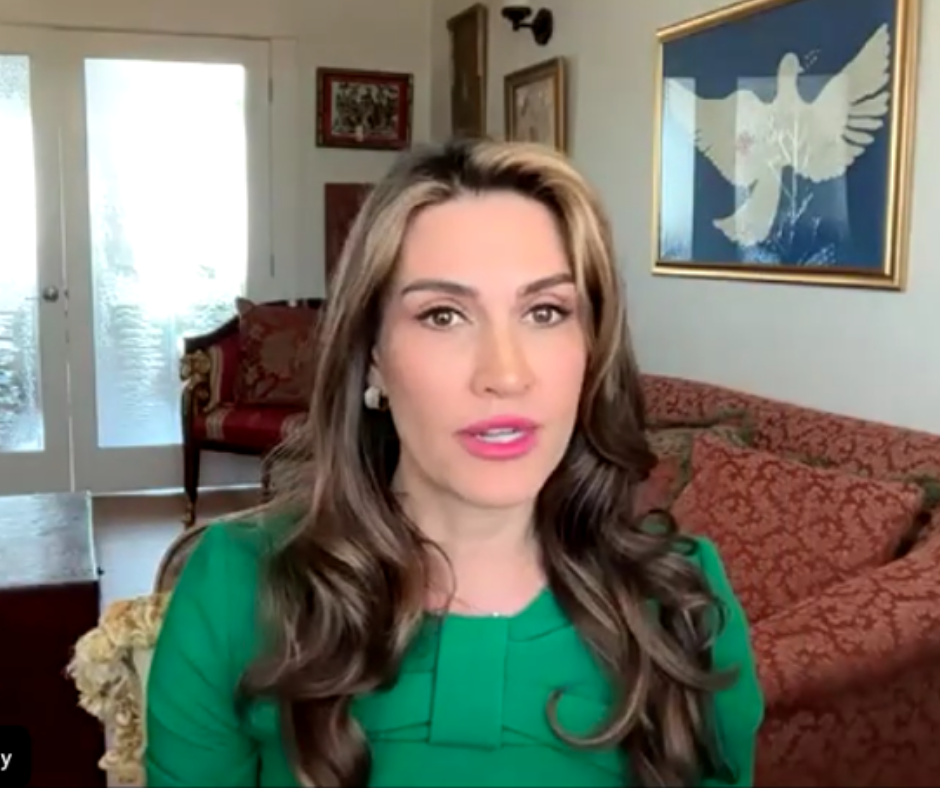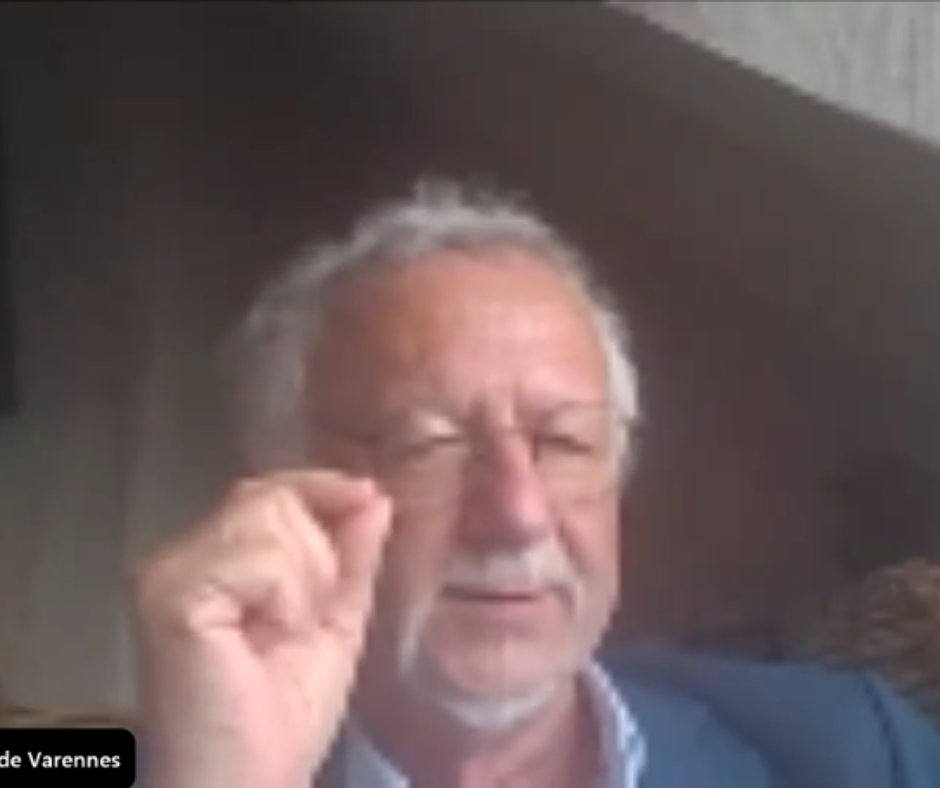An online expert briefing hosted by the Bahá’í Community of Canada’s Office of Public Affairs brought together over 100 participants—including parliamentarians, academics, civil servants, and representatives of civil society—for an in-depth discussion on “The Intersection of Oppression: Women’s Rights and Religious Freedom in Iran”, on May 15, 2025. Featuring four human rights experts, the webinar examined how ongoing forms of gender and faith-based oppression against minorities in Iran intersect to intensify the persecution of Bahá’í women. Speakers outlined the implications of this dual oppression and offered policy recommendations for governments, international organizations, and civil society to respond to these human rights violations effectively.




Opening the panel, Dr. Fernand de Varennes, former United Nations Special Rapporteur on Minority Issues, spoke about the systemic nature of discrimination faced by minority women. “Minority women face dual marginalization as a result of state policies that discriminate systematically and are deeply embedded in government structures,” he said. He emphasized that Bahá’í women and members of other religious minorities are especially vulnerable. Dr. de Varennes cited a December 2024 statement by 18 UN Special Rapporteurs and independent experts, which raised alarm at the increasing number of Bahá’í women imprisoned in Iran—who now represent two-thirds of all Bahá’í prisoners in the country.
Elham Seddigh Ayafor, Director of Government Relations for the Bahá’í Community of Canada, drew attention to the “layered systems of discrimination” that Bahá’í women face in Iran, where gender and religious identity intersect to create a uniquely repressive reality. “To serve, to mother, to uplift others as a Bahá’í woman is framed as criminal,” she said, describing how women are punished, not for breaking laws, but for trying to contribute to society. Citing examples of women imprisoned for teaching refugee children or simply observing their faith, she described a pattern of state-sponsored persecution that includes denial of education, exclusion from employment, and the destabilization of entire families through arbitrary arrests, surveillance, harassment and psychological pressure. “To be both a woman and a Bahá’í in Iran is to be targeted and punished—not for what you do, but for who you are,” she said.
Michael Page, Deputy Director for the Middle East and North Africa at Human Rights Watch (HRW), presented findings from HRW’s 2024 report, Boot on My Neck: Iranian Authorities’ Crime of Persecution Against Bahá’ís in Iran. “The Iranian government’s intent to block the participation and advancement of Bahá’ís is unambiguous,” said Page, pointing to the state’s use of arbitrary arrests, denial of education, and economic exclusion as part of a systematic campaign of repression. Page shared the report’s sobering conclusion that Iran’s treatment of the Bahá’ís constitutes the crime against humanity of persecution under international law.
Nazanin Afshin-Jam, human rights advocate and co-founder of Stop Child Executions, described Iran as a country operating under a system of both “gender and religious apartheid.” Drawing from both history and present-day realities, she explained how the rights of women and religious minorities are not merely eroded but structurally denied. “Women in Iran are jailed, tortured, even killed for showing a strand of hair. Their life is worth half of a man’s life under the law. Their testimony is worth half. They need permission to travel, to work, even to ride a bicycle,” she said. For Bahá’ís and other religious minorities, she added, the discrimination is equally embedded: they are denied education, employment, and even burial rights. Afshin-Jam emphasized that this dual system of exclusion is not merely the result of social prejudice, “It is systematic, it is legal and enforced by an entire apparatus – courts, universities, religious police, media – that exists to keep you in your place.”
Panelists also outlined policy recommendations the Canadian government could adopt as a response to the deteriorating human rights situation in Iran. Dr. de Varennes emphasized that Canada "can and must do more at the global level [..] to defend the global architecture of peace, tolerance, justice and human rights for all”. He recommended the formation of a Canadian expert group on minority rights, regular parliamentary hearings on women’s and religious freedom issues in Iran, and international coordination on new legal mechanisms to protect minority women. He also urged Canada to take leadership at the UN by supporting the development of a minority rights treaty and establishing a new UN Special Rapporteur on atrocity crimes to “raise awareness and focus attention [on this issue] at the UN while we wait for a treaty”.
Afshin-Jam and Page emphasized the role of targeted human rights sanctions as a tool for accountability. They called for measures that name and sanction individuals and institutions involved in upholding repressive policies—particularly those responsible for property confiscation and mass arrests. “Enforcement is what really matters,” said Afshin-Jam, advocating for specialized training for border and immigration officials in Canada to detect and act on knowledge of human rights violations.
The panel also called for increased refugee pathways for Bahá’ís and other vulnerable groups fleeing persecution in Iran. Dr. de Varennes recommended that Bahá’ís in Iran be considered up front as persecuted individuals, eligible for asylum and resettlement, while Afshin-Jam urged Canada to expand its “Protect Defenders” program and increase support to grassroots civil society efforts operating both in Iran and in exile.
In concluding remarks, Seddigh Ayafor added that addressing the persecution of Bahá’ís in Iran should be considered part of the greater movement toward gender equality and social transformation happening in the country. “This is not just a story of suffering” she said, “it is a story of sacrifice, resilience, and a vision for Iran in which all people, regardless of faith, background, or gender, can live with dignity and prosper together.” She further added that “As Bahá’í women in Iran act hand-in-hand with their fellow citizens to better their society, we must also act here in Canada—to be their voice and ensure Iran is not allowed to act with impunity.”
A full recording of the panel discussion is available here.

